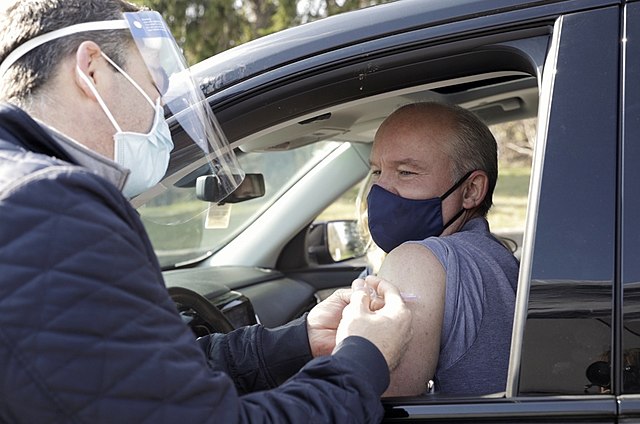An increasing number of universities, such as Northwestern and Rutgers University, are requiring students to get the COVID-19 vaccine in order to return to campus in the fall.
For some people, this hasn’t posed much of an issue, but there are other students who are uncomfortable with the decision as they are concerned about the long-term effects of the vaccine.
Vaccine hesitancy is something that has grown in recent times with the rapid production of the variant COVID-19 vaccines. Some are concerned about the possibility of the vaccines being rushed and ineffective.
There has also been questions surrounding the side effects and possible long-term risks of the vaccine. With most college students being young adults and not part of the at-risk group when it comes to COVID-19 infections, it is fair to wonder why this mandatory vaccine policy is becoming the new norm for universities.
However, mandatory vaccinations also adds a layer of protection for school faculty and staff, who generally are more likely to be at-risk than students.
A poll by Gallop showed that as of March 2021, 69 percent of Americans had either gotten the vaccine or were willing to receive the vaccine. This is up from the 52 percent of Americans who fell into that category in Sept. 2020. Interestingly, 72 percent of Americans favored the vaccine in May 2020.
Bucks, as of now, is set to resume in person classes in the fall with smaller class sizes, about 50 percent capacity. Currently, the college has not mandated a COVID-19 vaccine for new or returning students. The college will offer online learning for those uncomfortable with returning to campus.
President Joe Biden originally declared that all Americans would be eligible to receive the vaccine by May 1, but revised the deadline to April 19. This came after the Biden Administration declared that they were averaging over 3 million vaccinations daily as of late, compared to the 1 million daily back in Jan.
It’s expected that the supply of vaccines will be greater than its demand in the near future.
Jason Schwartz, assistant professor of health policy at Yale University and a member of the Connecticut vaccine advisory committee, said, “Expanding to open eligibility will lead to that initial rush of eligible individuals who have been champing at the bit to get the vaccines, navigating the system, signing on the minute they’re eligible. Very quickly, really in a matter of weeks after each state moves to open eligibility, we’re going to shift to a very different phase in the vaccine rollout where we will have plenty of doses available.”


